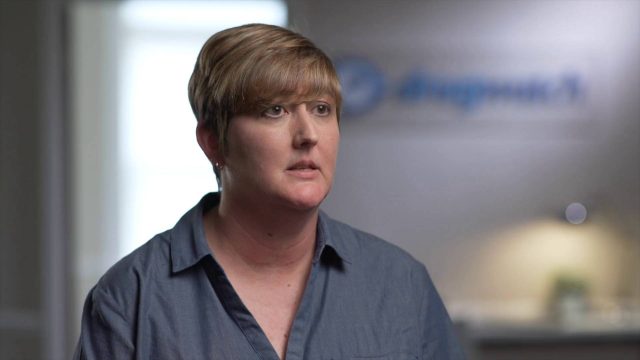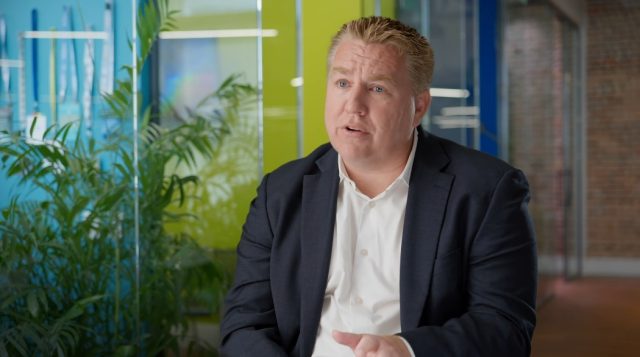NDMA-Contaminated Valsartan and Cancer Risk
The U.S. Food and Drug Administration recalled some batches of valsartan contaminated with the potentially cancer-causing agent N-nitrosodimethylamine (NDMA). The agency estimates that for every 8,000 people that took the highest dose of valsartan for four years there may be one additional case of cancer. NDMA is a known environmental contaminant found in water and foods.
Our content is developed and backed by respected legal, medical and scientific experts. More than 30 contributors, including product liability attorneys and board-certified physicians, have reviewed our website to ensure it’s medically sound and legally accurate.
legal help when you need it most.
Drugwatch has provided people injured by harmful drugs and devices with reliable answers and experienced legal help since 2009. Brought to you by The Wilson Firm LLP, we've pursued justice for more than 20,000 families and secured $324 million in settlements and verdicts against negligent manufacturers.
More than 30 contributors, including mass tort attorneys and board-certified doctors, have reviewed our website and added their unique perspectives to ensure you get the most updated and highest quality information.
Drugwatch.com is AACI-certified as a trusted medical content website and is produced by lawyers, a patient advocate and award-winning journalists whose affiliations include the American Bar Association and the American Medical Writers Association.
About Drugwatch.com
- 15+ Years of Advocacy
- $324 Million Recovered for Clients
- 20,000 Families Helped
- A+ BBB Rating
- 4.9 Stars from Google Reviews
Testimonials
I found Drugwatch to be very helpful with finding the right lawyers. We had the opportunity to share our story as well, so that more people can be aware of NEC. We are forever grateful for them.
- Medically reviewed by Samantha Spencer, Pharm.D., BCPS
- Last update: March 13, 2025
- Est. Read Time: 3 min read
People who took batches of valsartan contaminated with N-nitrosodimethylamine (NDMA), a toxic chemical contaminant, may be at an increased risk for developing cancer. Studies compiled in a report published by the World Health Organization showed that NDMA exposure has resulted in the development of tumors in animals. The report noted that the International Agency for Research on Cancer (IARC) had upgraded NDMA from “possibly carcinogenic to humans” to “probably carcinogenic to humans” based on available evidence.
A 2018 Danish study in the BMJ did not show an increase in the short-term risk of cancer in people who took the tainted valsartan. But it provides short-term reassurance only, experts say.
“There hasn't been long enough follow-up to really see a [cancer] signal. So while I'm reassured that they didn't find one, I don't think it means that patients are completely out of the woods.”
Millions of Americans take valsartan to treat high blood pressure or other heart problems. The U.S. Food and Drug Administration announced a recall of half of the supply of valsartan in the U.S. because of NDMA contamination. Cancer is not a typical side effect of valsartan, but people exposed to contaminated drugs may have a higher risk of developing cancer from NDMA exposure.
In September 2018, the FDA, European Medicines Agency and Health Canada announced it found a second cancer-causing chemical in the same family as NDMA called N-nitrosodiethylamine (NDEA).
As of 2022, lawyers are filing valsartan lawsuits for people who suffered digestive tract cancers after taking valsartan. These include liver, stomach, colorectal, bladder and pancreatic cancer.
How Much NDMA Is in Valsartan?
The average NDMA levels detected in contaminated valsartan products from one supplier, Zhejiang Huahai Pharmaceuticals, was 60 parts per million (ppm). This is more than 1,000 times the amount most people consume in drinking water daily.
The Agency for Toxic Substances & Disease Registry released a public health statement in 2015 claiming that animals who suffered liver disease, cancer and death had consumed water containing 5 to 50 ppm of NDMA and food containing 5 to 100 ppm.
Zhejiang Huahai, the Chinese valsartan manufacturer, believes the NDMA contamination occurred after it changed its manufacturing process in 2012.
Cancer Risk After Exposure
The FDA estimated that there would be one extra case of cancer for every 8,000 patients taking the highest dose (320 mg) of contaminated valsartan every day for four years. The European Medicines Agency offered a similar calculation of 1 in 5,000 for people treated with 320 mg daily for seven years.
The 2018 Danish study found a low short-term risk of cancer. It followed 5,150 people with no history of cancer who started taking valsartan between Jan. 1, 2012, and June 30, 2017.
Researchers found 104 cancers in people not exposed to NDMA and 198 cancers in people exposed to tainted valsartan. But authors said researchers need more studies to determine long-term risk.
Types of Cancer Caused by Contaminated Valsartan
Exposure to NDMA can cause cancer in animals and in humans, but the EPA says there are no reports of cancer in humans. However, a study published in Occupational and Environmental Medicine found that rubber workers exposed to NDMA in factories had an increase in cancer of the esophagus, oral cavity and pharynx.
In animals, NDMA caused tumors in the liver, respiratory tract, kidneys and blood vessels. Animals exposed to NDMA suffered liver damage and cancer often leading to internal bleeding and death. Treatment for each type of cancer depends on its location and how far it has spread.
- Liver cancer
- Kidney cancer
- Colorectal cancer
- Stomach or gastric cancer
- Bladder cancer
- Pancreatic cancer
- Lung cancer
- Nasal cancer
Calling this number connects you with a Drugwatch.com representative. We will direct you to one of our trusted legal partners for a free case review.
Drugwatch.com's trusted legal partners support the organization's mission to keep people safe from dangerous drugs and medical devices. For more information, visit our partners page.







